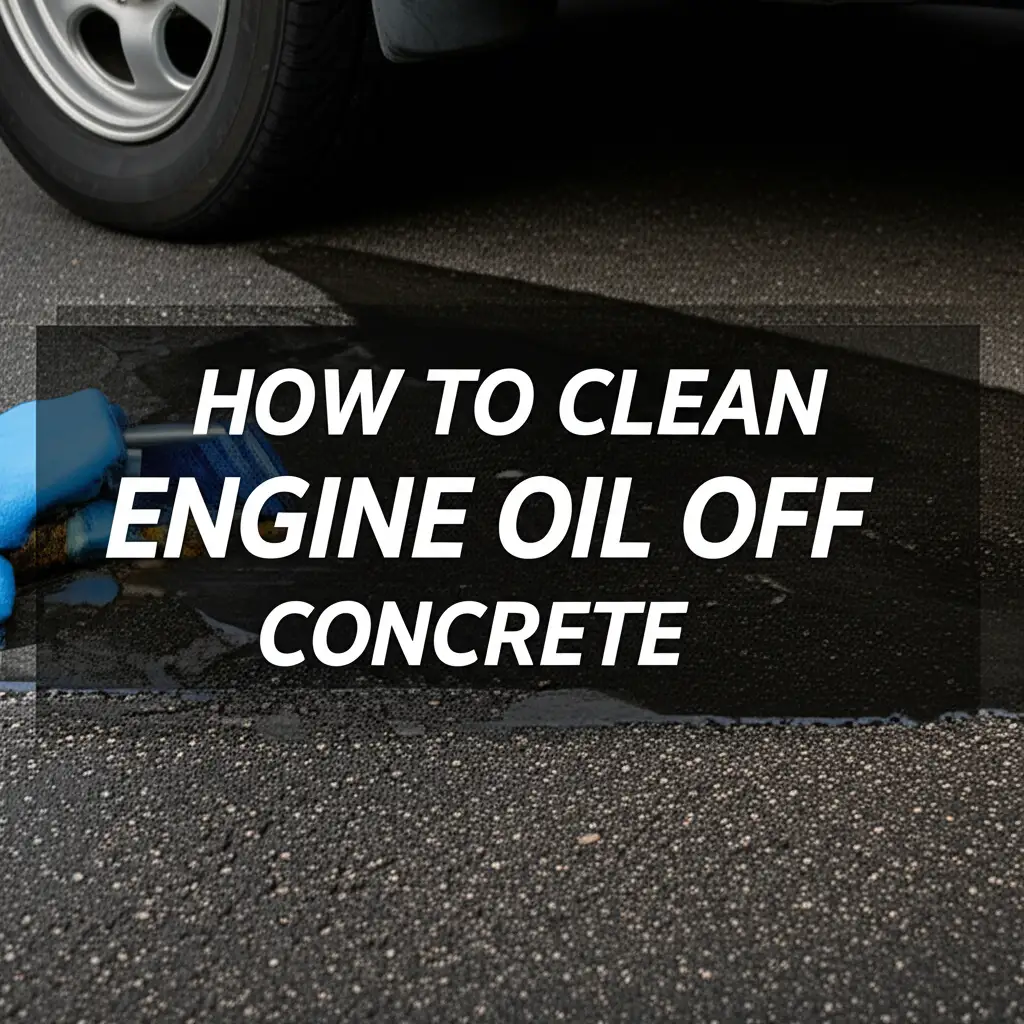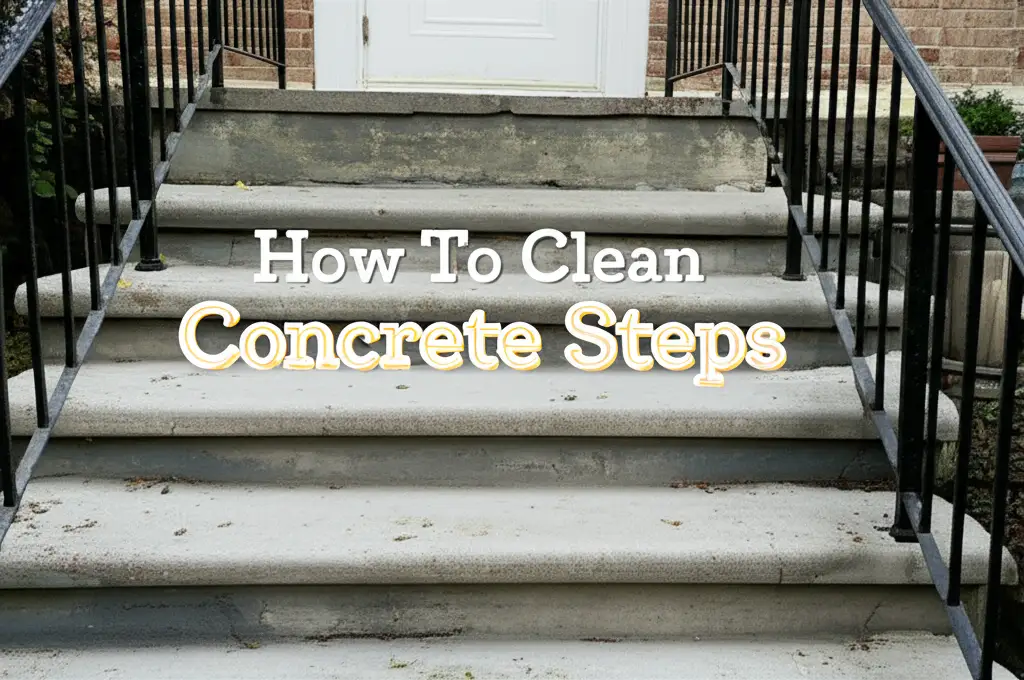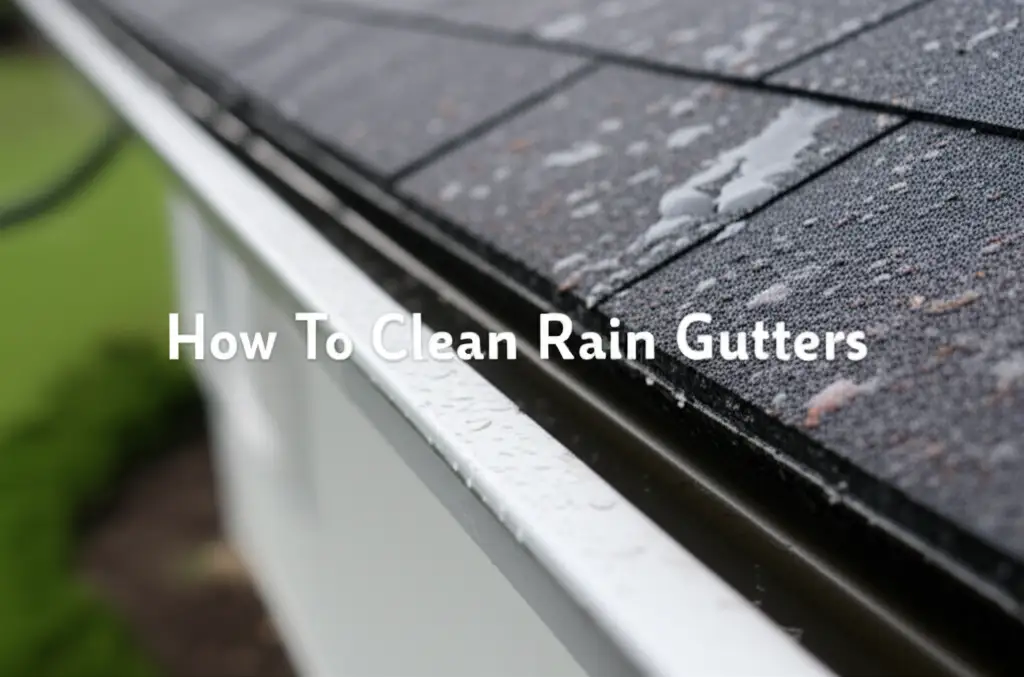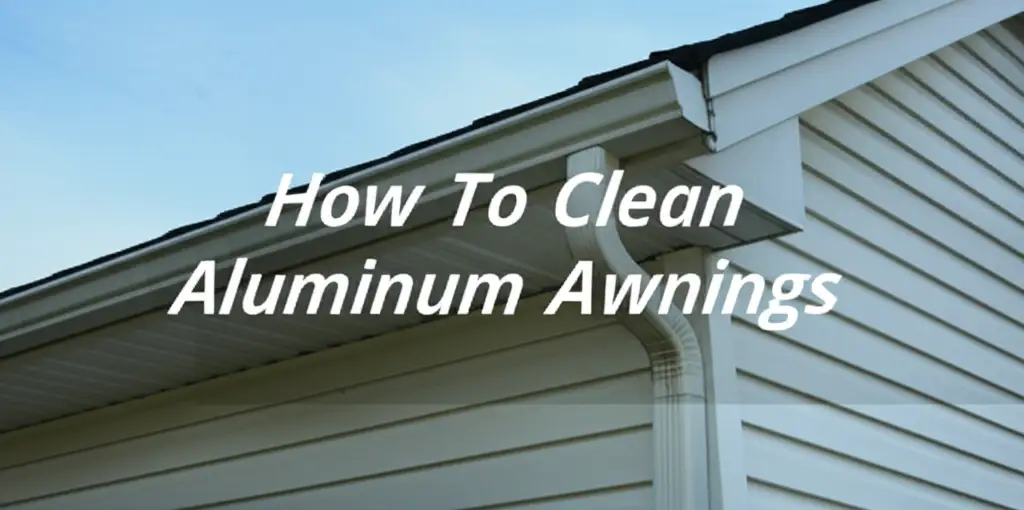· Home Maintenance · 14 min read
How To Clean Rust Off Concrete
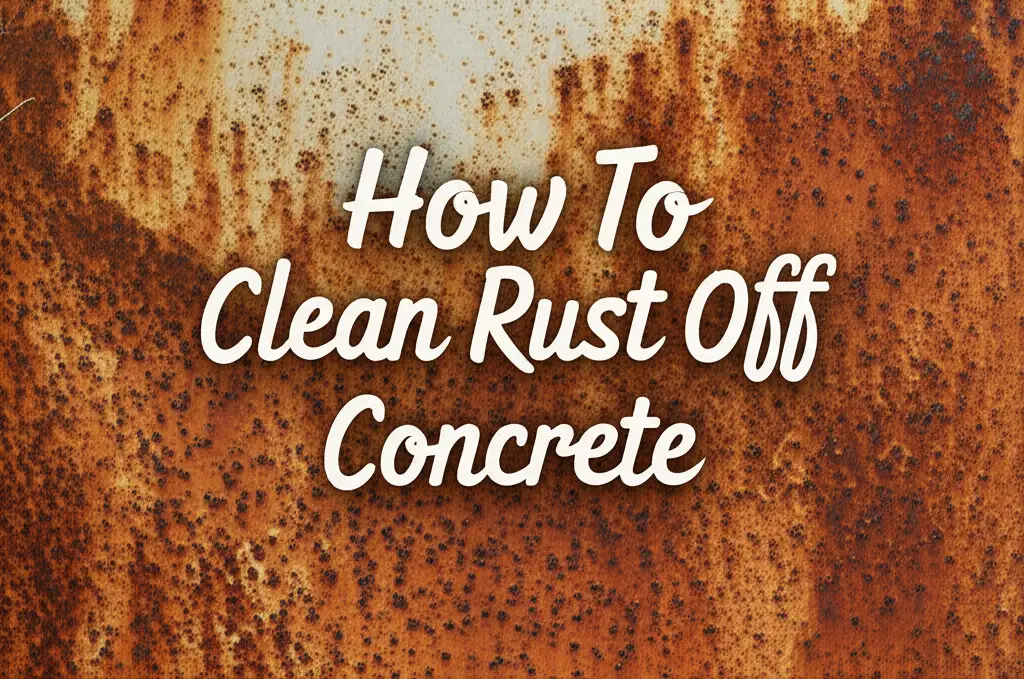
How To Clean Rust Off Concrete Safely and Effectively
Rusty marks on your concrete surfaces can be an eyesore. These stubborn stains often come from metal furniture, tools left outdoors, or even fertilizer. You might think these orange-brown blemishes are permanent, but they do not have to be. Knowing how to clean rust off concrete makes a big difference.
This guide helps you restore your concrete’s appearance. I will share easy DIY methods and stronger chemical options. You will also learn how to prevent future rust stains. Let us get your concrete looking clean again.
Takeaway
- Choose the right cleaning method based on stain severity.
- Always test cleaners in an inconspicuous area first.
- Protect yourself with gloves and eye protection.
- Prevent future rust stains by addressing metal contact.
To effectively clean rust off concrete, use acidic cleaners like white vinegar or lemon juice for light stains, or specialized rust removers for tougher marks. Apply the cleaner, allow it to penetrate, then scrub thoroughly and rinse. Always test the product first.
Understanding Rust Stains on Concrete
Rust stains on concrete are a common problem. These orange-brown marks happen when iron reacts with oxygen and moisture. This process is called oxidation. When rusty metal sits on porous concrete, the iron particles leach into the surface.
Many everyday items can cause these stains. Metal patio furniture legs often leave rust circles. Tools left in the rain can also mark your garage floor or driveway. Even certain fertilizers contain iron that stains concrete. Car parts, especially old batteries, can cause significant damage. Battery acid itself can stain, but often, the metal components of old batteries can also cause rust. Learn more about cleaning battery acid off concrete here.
Concrete has tiny pores. These pores allow the rust to penetrate deeply. The longer a rust stain stays, the harder it becomes to remove. Early action gives you the best chance for complete removal.
Knowing the source of the rust helps prevent it from coming back. If you understand why rust forms, you can take steps to stop it. This includes addressing moisture and metal contact. Many types of stains affect concrete; understanding their source is key to removal. You can find more tips on how to clean stains from concrete in general here.
Safety First: Preparing for Concrete Rust Removal
Before you start cleaning rust off concrete, proper preparation is important. Safety comes first when using cleaning agents, especially stronger ones. Always protect yourself and your surroundings. This step helps prevent accidents and damage.
Wear protective gear. This includes thick rubber gloves to shield your hands from chemicals. Safety glasses or goggles protect your eyes from splashes. If you use strong chemicals, wear a face mask to avoid inhaling fumes. Good ventilation is also important; work in an open area if possible.
Protect any nearby areas. Cover plants with plastic sheets or tarps. Move metal items, painted surfaces, or wood furniture away from the cleaning zone. Some rust removers can damage these materials. Pre-wetting nearby plants can also help dilute any accidental overspray.
Gather all your cleaning tools before you begin. You will need buckets, a stiff-bristled brush (not wire, as it can leave metal particles), and a reliable water source for rinsing. A garden hose works well for rinsing. For larger areas or tougher stains, a pressure washer can be very helpful. However, use caution with pressure washers to avoid concrete damage.
Finally, sweep or rinse loose debris from the concrete surface. This helps the cleaning agent work directly on the rust stain. A clean work area is a safe and effective work area.
DIY Methods to Clean Rust Off Concrete (Light Stains)
You can often clean light rust stains off concrete using common household items. These DIY solutions are gentle and cost-effective. I often start with these methods before moving to stronger cleaners. They work well for fresh or minor rust spots.
One popular method uses white vinegar and baking soda. Vinegar is an acid that helps dissolve rust. Baking soda adds abrasive power and helps neutralize the acid. First, pour plain white vinegar directly onto the rust stain. Let it soak for 15-20 minutes. Then, sprinkle a generous amount of baking soda over the vinegar. It will fizz. Scrub the area vigorously with a stiff brush. Rinse thoroughly with water.
Lemon juice mixed with salt is another natural option. Lemon juice contains citric acid, which also helps break down rust. Salt acts as an abrasive scrub. Squeeze fresh lemon juice onto the stain. Cover it completely with a layer of salt. Let this mixture sit for a few hours, or even overnight for stubborn stains. The longer it sits, the better it works. After soaking, scrub the area and rinse well.
You might be surprised, but potatoes can also help. Potatoes contain oxalic acid. Cut a potato in half and dip the cut side in dish soap or baking soda. Place the potato directly on the rust stain, cut side down. Leave it there for a few hours. The potato’s acid slowly lifts the rust. Then, remove the potato, scrub, and rinse.
Even cola drinks can remove minor rust. Cola contains phosphoric acid. Pour a generous amount of cola directly onto the rust stain. Let it sit for several hours or overnight. The phosphoric acid works to break down the rust. After soaking, scrub the stain with a brush and rinse clean. Remember that these methods work best on fresh or superficial stains. For deeper marks, you might need a stronger approach. For general concrete stains, many of these principles apply. You can learn more about cleaning stains from concrete here.
Specialized Rust Removers for Stubborn Concrete Stains
When DIY methods do not remove rust stains, specialized commercial products are the next step. These cleaners contain stronger acids or chemicals designed to dissolve rust. I find these products effective for more stubborn or older stains. However, they require careful handling.
Most commercial rust removers for concrete contain oxalic acid or phosphoric acid. These acids are stronger than vinegar or lemon juice. They break down the iron oxide that forms rust. Always choose a product specifically made for concrete. Some general rust removers contain harsh chemicals that can discolor or etch your concrete. Look for labels that state “concrete rust remover” or “rust stain remover for masonry.”
Before using any product, read the instructions carefully. Products vary in their application methods. Some require dilution, while others are used full strength. Always follow the manufacturer’s recommended dwell time. Applying it for too short a time means it will not work. Leaving it on too long can damage the concrete.
To apply, you usually pour or spray the cleaner directly onto the wet stain. Allow it to sit for the recommended time. Then, agitate the stain with a stiff nylon brush. Avoid wire brushes, as they can leave metal particles that cause new rust. After scrubbing, rinse the area thoroughly with plenty of water. This flushes away the dissolved rust and cleaner residue. Repeat the process if some stain remains. Sometimes, one application is not enough for deep stains.
A word of caution about muriatic acid: it is very powerful. It can remove rust and many other tough stains from concrete. However, cleaning concrete with muriatic acid requires extreme care. It is highly corrosive and can damage concrete if misused. Always dilute it properly and wear full protective gear. I generally recommend trying specialized concrete rust removers first, before resorting to muriatic acid. They are often safer and just as effective for most rust stains.
Step-by-Step Guide: Professional-Grade Concrete Rust Removal
Removing stubborn rust from concrete can feel like a big job. A systematic approach with professional-grade products makes it manageable. This step-by-step guide helps you tackle even deep-set concrete rust stains. Following these steps ensures better results and protects your concrete.
First, assess the rust stain. Look at its color, size, and how deep it appears to be. Newer, lighter stains are easier to remove. Old, dark, or widespread stains may require multiple treatments or a stronger product. Identify the source of the rust if possible. This helps prevent future stains.
Next, prepare the area. Sweep away any loose dirt or debris. Then, pre-wet the concrete surface around and on the stain. This prevents the rust remover from drying too quickly and helps it spread evenly. It also helps protect the surrounding concrete from product damage.
Apply your chosen commercial concrete rust remover. Pour or spray it directly onto the wet stain. Make sure the stain is fully covered. Avoid overspraying onto other surfaces like plants or painted areas. If you accidentally get some on sensitive materials, rinse it immediately.
Allow the product to dwell on the stain. This means letting it sit for the time specified on the product label. This dwell time allows the chemicals to penetrate the concrete and break down the rust. Do not let the product dry on the surface. If it starts to dry, mist it with a little water.
After the dwell time, agitate the stain. Use a stiff nylon brush or a non-metallic scrub pad. Scrub the stained area vigorously. You should see the rust stain start to lighten or disappear. Work the cleaner into the concrete.
Finally, rinse the area thoroughly with plenty of water. Use a garden hose with good pressure. Make sure to flush away all the dissolved rust and cleaner residue. Any remaining residue can cause new stains or damage the concrete. For especially tough stains, you may need to repeat the application and scrubbing process. Sometimes, you need to allow the concrete to dry completely between applications to see the full effect. This allows you to identify any remaining discoloration before re-treating. For many concrete cleaning issues, a similar step-by-step approach yields the best results. Whether you are tackling rust, oil, or learning how to clean your garage concrete floor, preparation and thorough rinsing are always key.
Using Pressure Washers and Advanced Techniques
Pressure washers can be powerful tools for concrete cleaning, but you must use them correctly. I find them very useful for rinsing away dissolved rust and cleaner residue. Sometimes, for very light, surface-level rust, a pressure washer alone might even help. However, for deep rust stains, they usually work best in combination with a chemical cleaner.
When using a pressure washer, always choose the right nozzle and pressure setting. A fan-tip nozzle is usually best for concrete. Avoid using a zero-degree or pencil-point nozzle, as it can etch or damage the concrete surface. Start with a lower pressure setting (e.g., 1500-2000 PSI for residential use) and increase it slowly if needed. Keep the wand moving consistently to avoid streaks or marks.
To use a pressure washer with a cleaner, first apply the rust remover as described in the previous section. Allow it to dwell and agitate the stain. Then, use the pressure washer to thoroughly rinse away the dissolved rust and cleaner. The high-pressure water helps remove the loosened particles from the concrete pores. This is especially helpful for large areas or textured concrete.
For very old or deeply embedded rust stains, a single treatment might not be enough. You may need to repeat the cleaning process multiple times. In some rare cases, the rust may have chemically bonded with the concrete, making it nearly impossible to remove completely without damaging the concrete surface itself. In these situations, staining may remain even after multiple attempts.
If you have tried multiple methods and the rust stain persists, consider calling a professional concrete cleaning service. They have access to industrial-strength cleaners and specialized equipment that can tackle the toughest stains. They also understand how to use these powerful products safely without harming your concrete. They might also advise on sealing your concrete. Cleaning a concrete pool deck often involves similar considerations for stain removal and long-term protection.
Preventing Future Rust Stains on Concrete
The best way to deal with rust on concrete is to prevent it from happening. Once you have cleaned your concrete, you want to keep it looking good. I always recommend taking proactive steps. This saves you time and effort in the long run.
First, identify common sources of rust around your concrete. Metal patio furniture is a frequent culprit. Tools, flowerpots, or old equipment left directly on concrete can also leave marks. Even rebar within the concrete can sometimes cause “rebar bleed” if exposed. Be aware of where these items are.
Use protective measures under metal objects. Place plastic or rubber caps on metal furniture legs. Use saucers or stands under metal flowerpots. Store tools in a shed or on shelves, not directly on concrete. If you have a grill or other metal items, place a mat underneath them. This creates a barrier between the metal and the concrete.
Regularly clean any metal items near your concrete. If you see rust starting to form on a metal object, address it immediately. You can clean rust off items like a stainless steel grill or cast iron tools to prevent it from transferring. Learn how to clean rust off stainless steel and how to clean rust from cast iron to protect your concrete.
Proper storage of fertilizers and other chemicals is also important. Some fertilizers contain iron compounds that can stain concrete when wet. Store them in sealed containers away from concrete surfaces. Clean up any spills immediately.
Finally, consider sealing your concrete. A good quality concrete sealer creates a protective barrier. This barrier makes the concrete less porous. It helps repel water and stains, including rust. Sealing makes your concrete easier to clean in the future and extends its life. Reapply sealer every few years, based on product recommendations. Promptly cleaning up any spills or leaks also helps prevent stains from setting in.
FAQ Section
Q1: Can rust permanently stain concrete? Rust can deeply penetrate concrete, making it appear permanent. However, most rust stains are treatable. With the right cleaning methods and products, even old, stubborn rust can be significantly lightened or removed. Early treatment gives the best results.
Q2: Will bleach remove rust from concrete? No, bleach does not work on rust stains. Rust is an iron oxide, and bleach is an oxidizing agent for organic stains. Using bleach on rust can sometimes make the stain worse by changing its chemical composition or even causing permanent discoloration on the concrete itself.
Q3: Is muriatic acid safe for concrete rust removal? Muriatic acid can remove tough rust stains, but it is highly corrosive. It requires extreme caution, proper dilution, and personal protective equipment. If misused, it can etch, damage, or discolor concrete permanently. Use it only as a last resort and follow all safety guidelines.
Q4: How long does it take for rust to stain concrete? The time it takes for rust to stain concrete depends on several factors. High humidity or constant moisture can accelerate the process. Very reactive metals might leave a stain in just a few hours. Less reactive metals or drier conditions could take days or weeks.
Q5: What household items remove rust from concrete? Several household items can help remove light rust stains from concrete. These include white vinegar, lemon juice, baking soda, and common cola drinks. Potatoes also contain oxalic acid, which can lift minor rust marks. These methods work best for fresh or superficial stains.
Q6: How can I prevent rust from forming on my concrete surfaces? Prevent rust by placing protective pads under metal furniture or objects. Store tools indoors or on non-concrete surfaces. Clean up any metal filings or iron-rich fertilizer spills immediately. Applying a high-quality concrete sealer can also create a barrier, making your concrete less susceptible to stains.
Conclusion
Cleaning rust off concrete may seem challenging at first, but it is a manageable task. You have many options, from natural household remedies to specialized chemical removers. Understanding the type of stain and choosing the right method is important for success. I find that a little patience and the correct product can make a big difference.
Remember to always prioritize safety when working with cleaning agents. Protect yourself with appropriate gear and safeguard your surrounding property. A small test patch in an inconspicuous area is always a smart first step. And once your concrete is clean, take steps to prevent future rust. Using protective pads and sealing your concrete are simple ways to keep it looking great for longer.
Armed with this knowledge, you can confidently tackle rust stains and keep your concrete looking its best. Do not let rust diminish your home’s appeal; take action today.
- concrete rust
- rust removal
- concrete cleaning
- stain removal
- outdoor cleaning
- rust prevention

